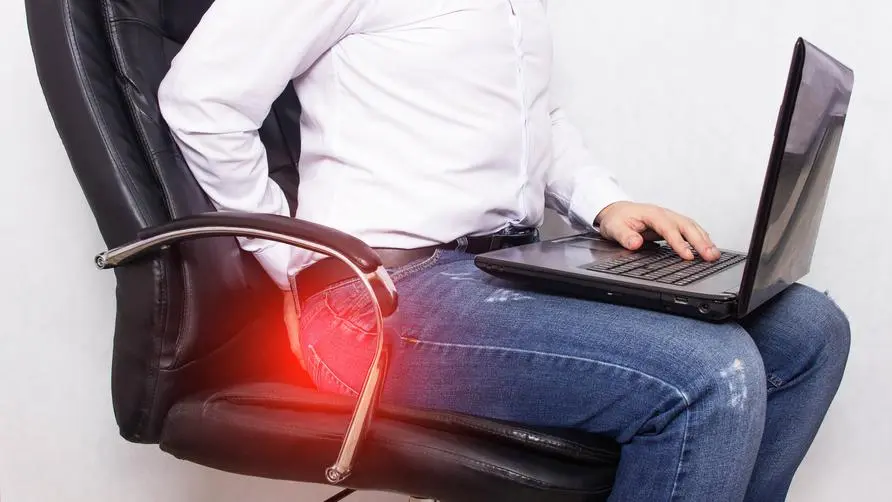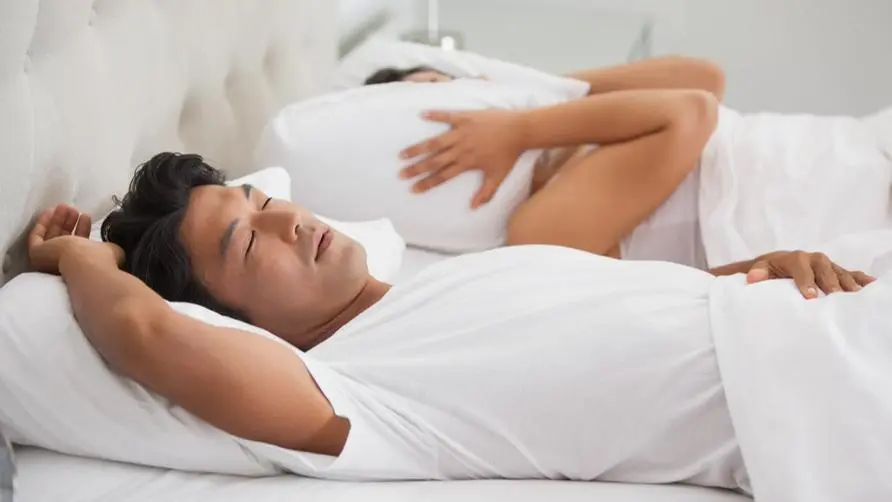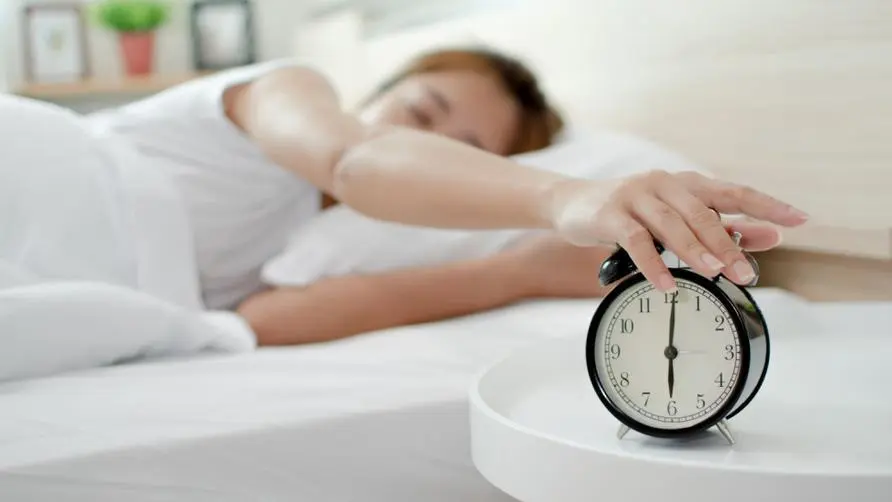Is snoring every night more likely to cause stroke and myocardial infarction? Does sleep apnea require surgery?

Are obese men with short chins more likely to develop sleep apnea?
“Snoring” symptoms at night are not uncommon in Taiwan. When the person next to you is snoring loudly, don’t just treat it as a minor problem. Pay more attention to whether there is a “sleep apnea” problem. Dr. Chen Youcheng, director of Shuncheng Otolaryngology Clinic, said that sleep apnea is caused by “respiratory collapse” and is also the main cause of snoring. Once the airway collapses severely, sleep apnea may occur.
Dr. Chen Youcheng said that the common groups that develop sleep apnea are men, the elderly, those with drinking or alcohol abuse habits, those with short jaw area, those with retracted chin, and obese patients. The respiratory tracts of the above-mentioned groups are easily compressed and have a narrower structure than ordinary people, so they are more likely to suffer from sleep apnea.
Dr. Chen Youcheng reminded that if you often wake up in the morning without sleeping enough, feel uncomfortable in your throat and nose, or have headaches, it is recommended to evaluate whether you have snoring and sleep apnea, and receive early treatment to reduce other subsequent health problems.
Sleeping on your side to lose weight can help improve snoring. How to treat sleep apnea?
Dr. Chen Youcheng explained that if you want to initially improve your snoring, you can try changing your “sleeping position” from sleeping on your back or stomach to “sleeping on your side”. This can reduce the chance of airway collapse and reduce the problem of snoring. In addition, you should also pay attention to the condition of “nasal congestion”, because nasal congestion will cause turbulence in the nasal airflow and make snoring louder. Controlling nasal congestion with allergy medicine can also help improve snoring.
In addition, if the respiratory tract collapse is caused by obesity, it is recommended that the patient lose moderate weight, which can help improve sleep apnea. When the improvement is limited, surgery can be considered to change the structure of the nasal cavity. For example, if the tonsils are found to be too swollen after a doctor’s evaluation, removal of the tonsils must be considered.
Dr. Chen Youcheng explained that people who are born with a recessed mandible may need to undergo orthognathic surgery due to the backward movement of the tongue base. On the one hand, it can correct the face shape and improve the bite, and on the other hand, it can also reduce airway collapse and snoring. Doctors remind that when dealing with snoring and sleep apnea, a “staged” strategy will be recommended. First, a preliminary assessment of the patient’s condition will be conducted before deciding whether to undergo surgery.
Dr. Chen Youcheng pointed out that the latest treatment method for snoring is “hypoglossal nerve stimulation”. Since the tongue tends to become limp during deep sleep and aggravate snoring, using a stimulator can tighten the tongue so that the base of the tongue is less likely to block the respiratory tract. There are also minimally invasive surgeries on the Da Vinci arm that can be considered. In the past, traditional surgeries were more likely to injure the base of the tongue. Now, the Da Vinci robotic arm can help patients perform more precise treatments with smaller wounds.
Long-term poor sleep increases the risk of stroke and may cause myocardial infarction?
Dr. Chen Youcheng reminded that long-term sleep apnea will have various impacts on the body, such as poor sleep quality, easy fatigue during the day, and affecting work performance. Patients often still feel very tired when they get up in the morning, and are prone to headaches, throat discomfort, and gastroesophageal reflux. At this time, evaluation and treatment should be considered.
In addition, the shock waves generated when snoring at night will continue to beat the carotid arteries, which may cause carotid arteriosclerosis in the long run and indirectly increase the risk of stroke; obese patients may also be at risk of myocardial infarction. In cases where sleep quality and physical condition are affected, patients need to face it with a more cautious attitude.





